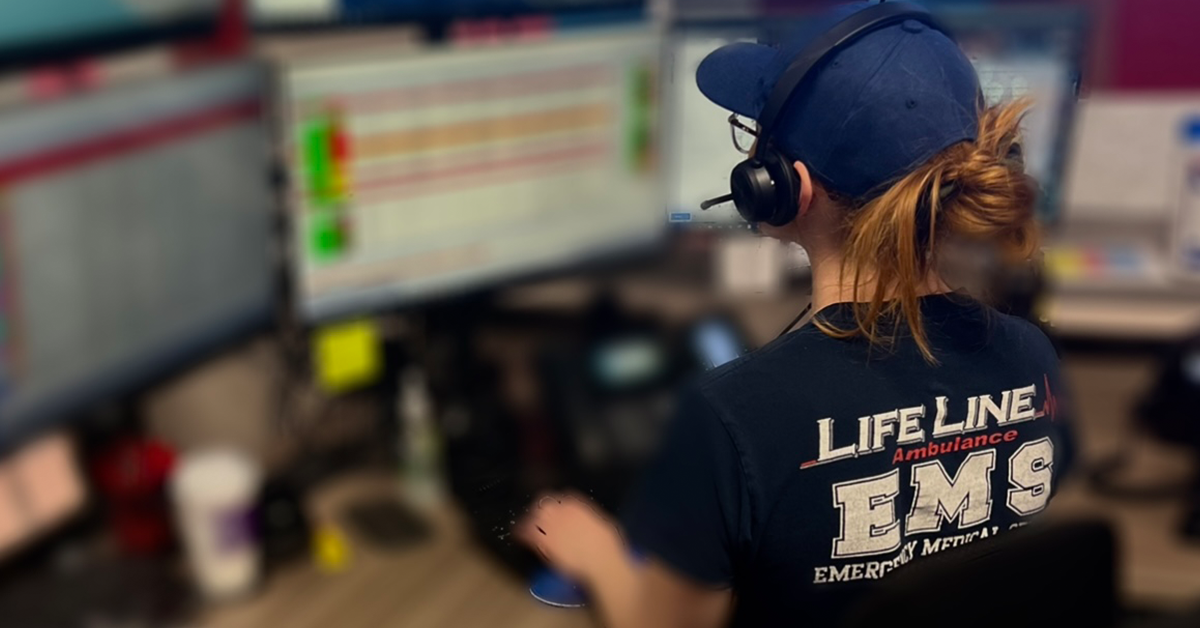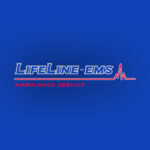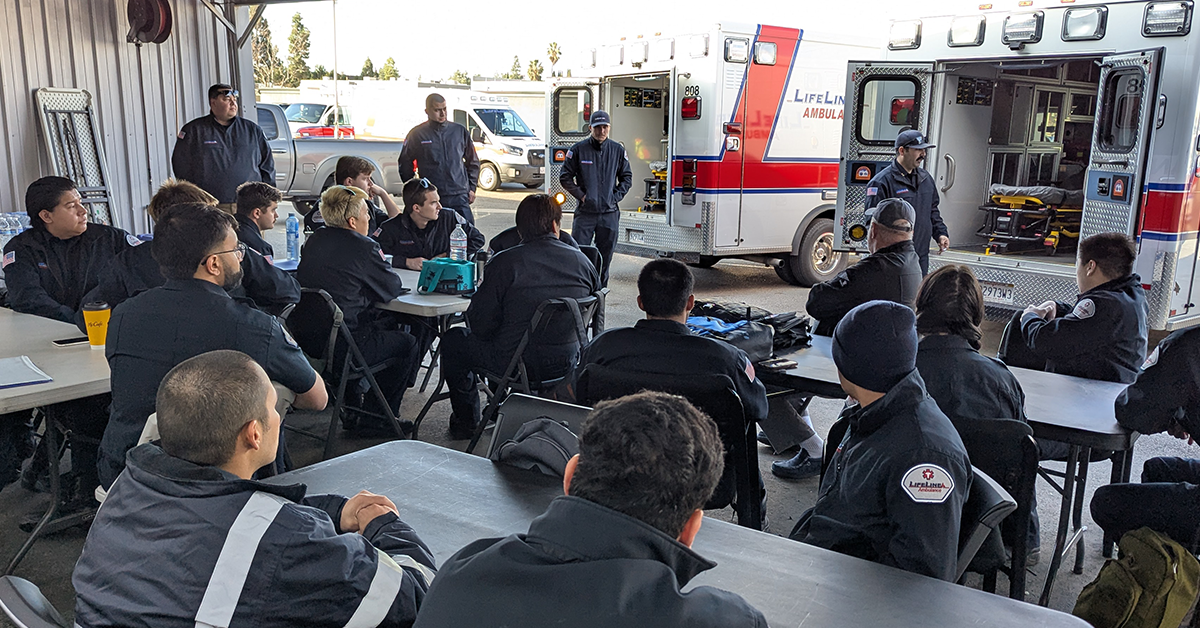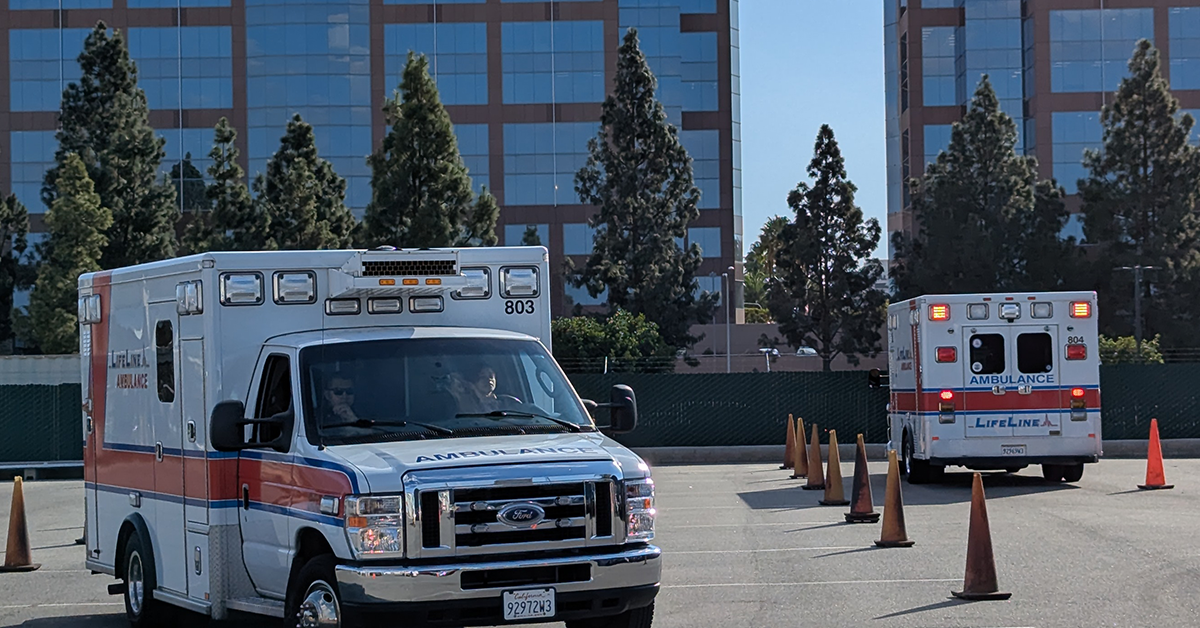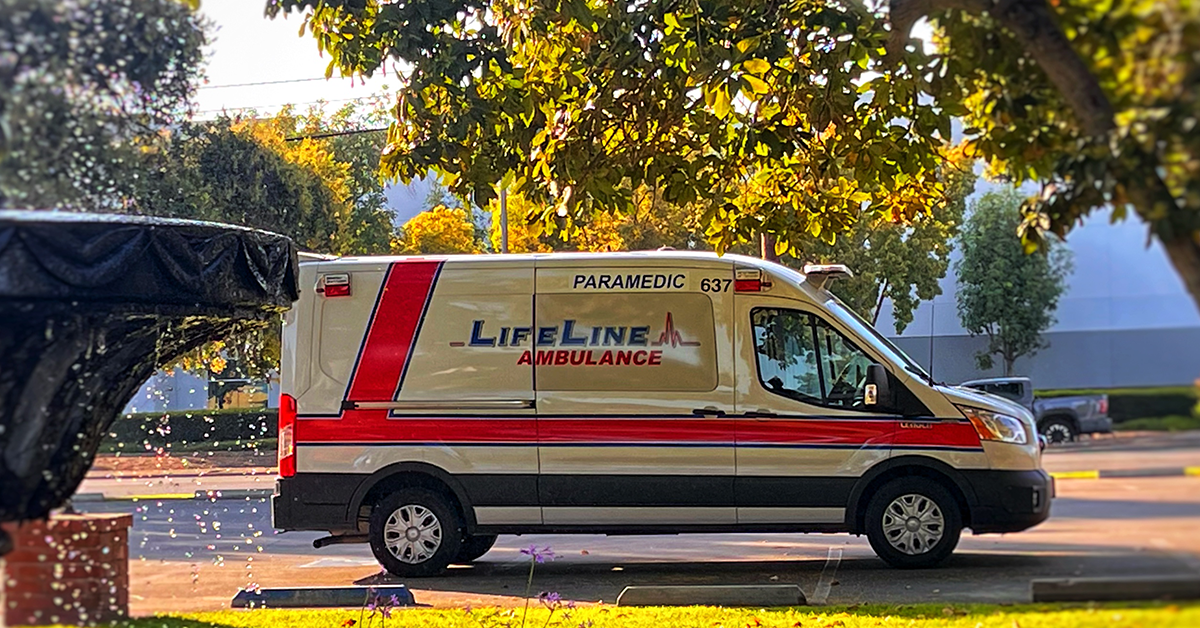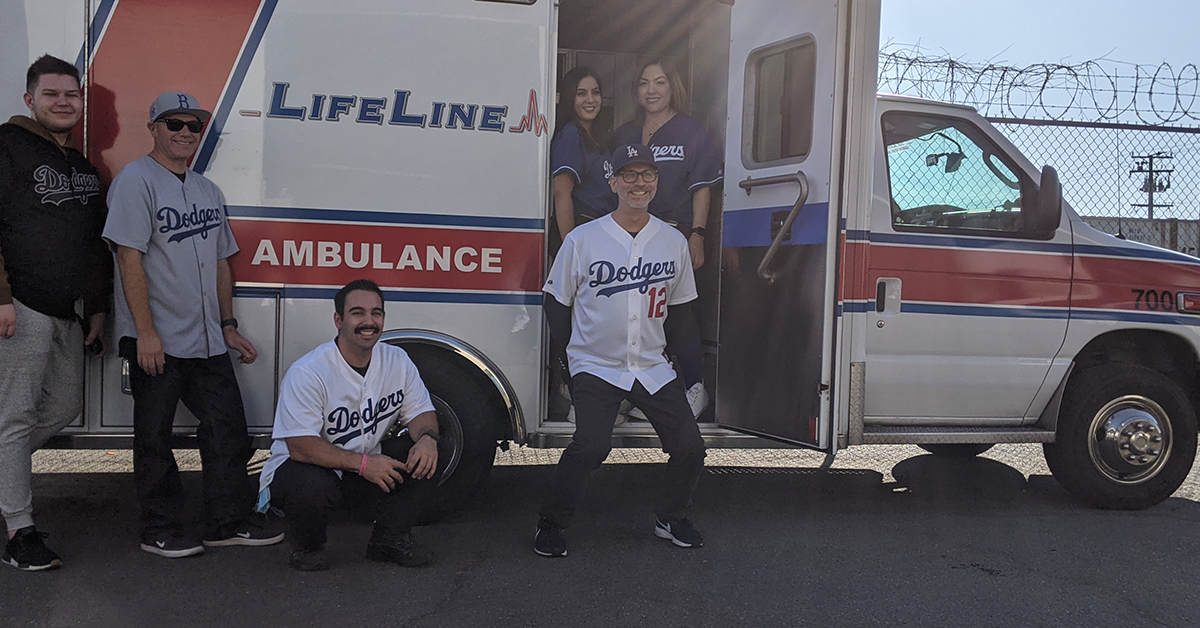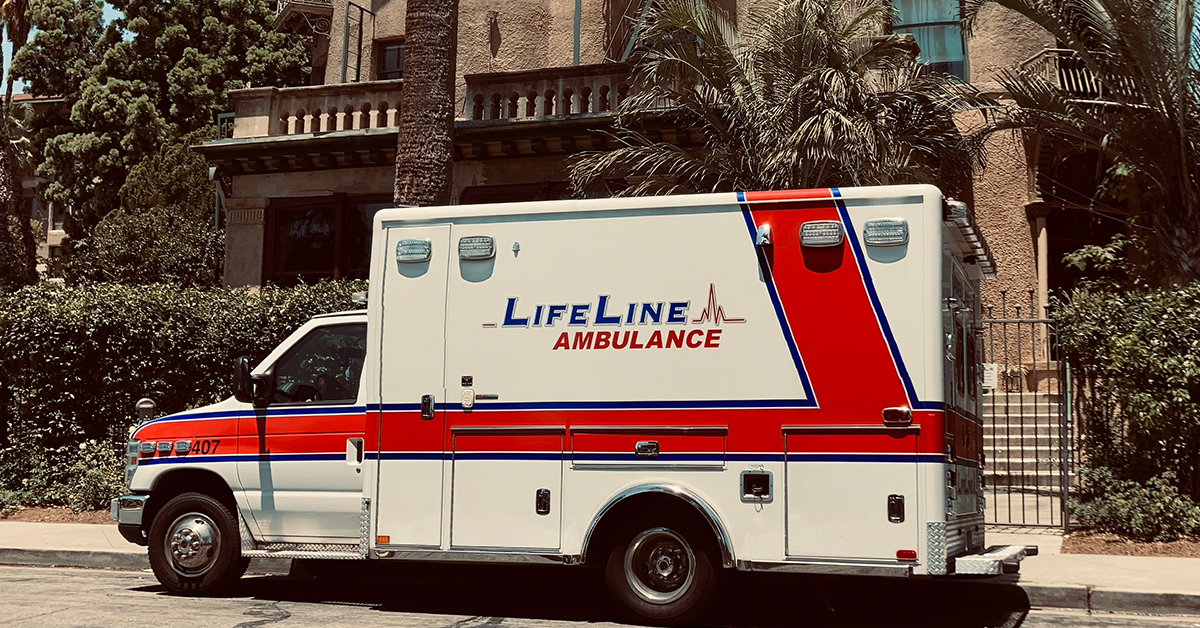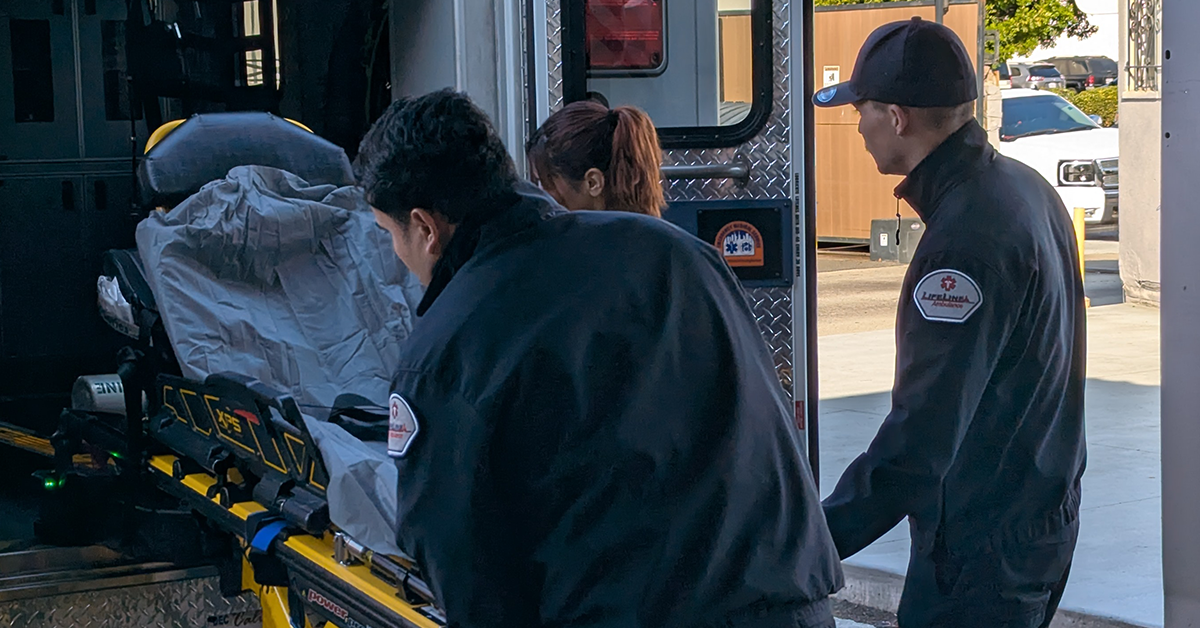Follow, read, and subscribe to Pulse, a content center for those interested in the EMS, community, EMS culture, career advice, and more. Stay updated on the latest techniques, business trends, and protocols, while on the go, whether during commutes or downtime.
Most Recent Posts
In the high-stakes world of emergency medical services, clear and effective communication can mean the difference between life and death. EMS professionals must make split-second decisions, coordinate complex responses, and relay critical information—all under intense pressure.
Why Communication is Crucial in EMS
1. Rapid Decision-Making
Time is of the essence in emergencies. Accurate information must flow between dispatchers, EMTs, paramedics, and receiving hospitals to guide quick, informed decisions.
2. Patient Safety
Clear communication reduces the risk of misunderstandings that could lead to medical errors. Whether relaying vital signs or medication details, accuracy is paramount.
3. Team Coordination
EMS teams work in dynamic environments. Coordination among team members is essential for seamless care, particularly in multi-agency responses or large-scale incidents.
4. Public Confidence
Effective communication with patients and bystanders fosters trust. In stressful situations, calm and clear explanations help reduce panic and increase cooperation.
Key Components of Communication in EMS
1. Dispatcher-Responder Communication
The first critical exchange begins between 911 dispatchers and EMS personnel. LifeLine EMS dispatchers:
- Accurately gather caller information.
- Relay details clearly and concisely to field teams.
- Provide real-time updates as situations evolve.
2. Intra-Team Communication
On-scene communication among EMTs and paramedics involves:
- Assigning roles quickly.
- Using standardized medical terminology to avoid confusion.
- Conducting brief check-ins during the response to adapt to changing conditions.
3. Hospital Coordination
Pre-hospital notifications ensure that medical facilities are ready to receive patients. LifeLine EMS teams use advanced telemetry to:
- Transmit patient data, including vitals and symptoms.
- Provide estimated arrival times.
- Update receiving teams on condition changes en route.
4. Communication with Patients and Families
Delivering compassionate, clear explanations to patients and their loved ones helps:
- Reduce anxiety.
- Ensure…
Emergency Medical Services is an ever-evolving field that requires constant learning and adaptation. With medical advancements, technological innovations, and increasing…
Emergency Medical Services s a high-stress, physically demanding profession that requires dedication, quick decision-making, and resilience. While the rewards of…
When someone dials 911 for a medical emergency, the response seems almost instantaneous. However, behind every EMS call is a…
Emergency Medical Services are evolving rapidly, and data analytics is playing a crucial role in improving patient care. LifeLine EMS,…
Emergency Medical Services play a crucial role in providing lifesaving care, and safe transportation is a key aspect of their…
Working in Emergency Medical Services is both rewarding and demanding. With unpredictable schedules, high-pressure situations, and long shifts, it can…
In emergency medical services, time is one of the most crucial factors determining patient outcomes. Whether responding to cardiac arrests,…
Emergency Medical Technicians perform physically demanding tasks daily—lifting patients, carrying heavy equipment, and working long shifts. Maintaining physical fitness is…

